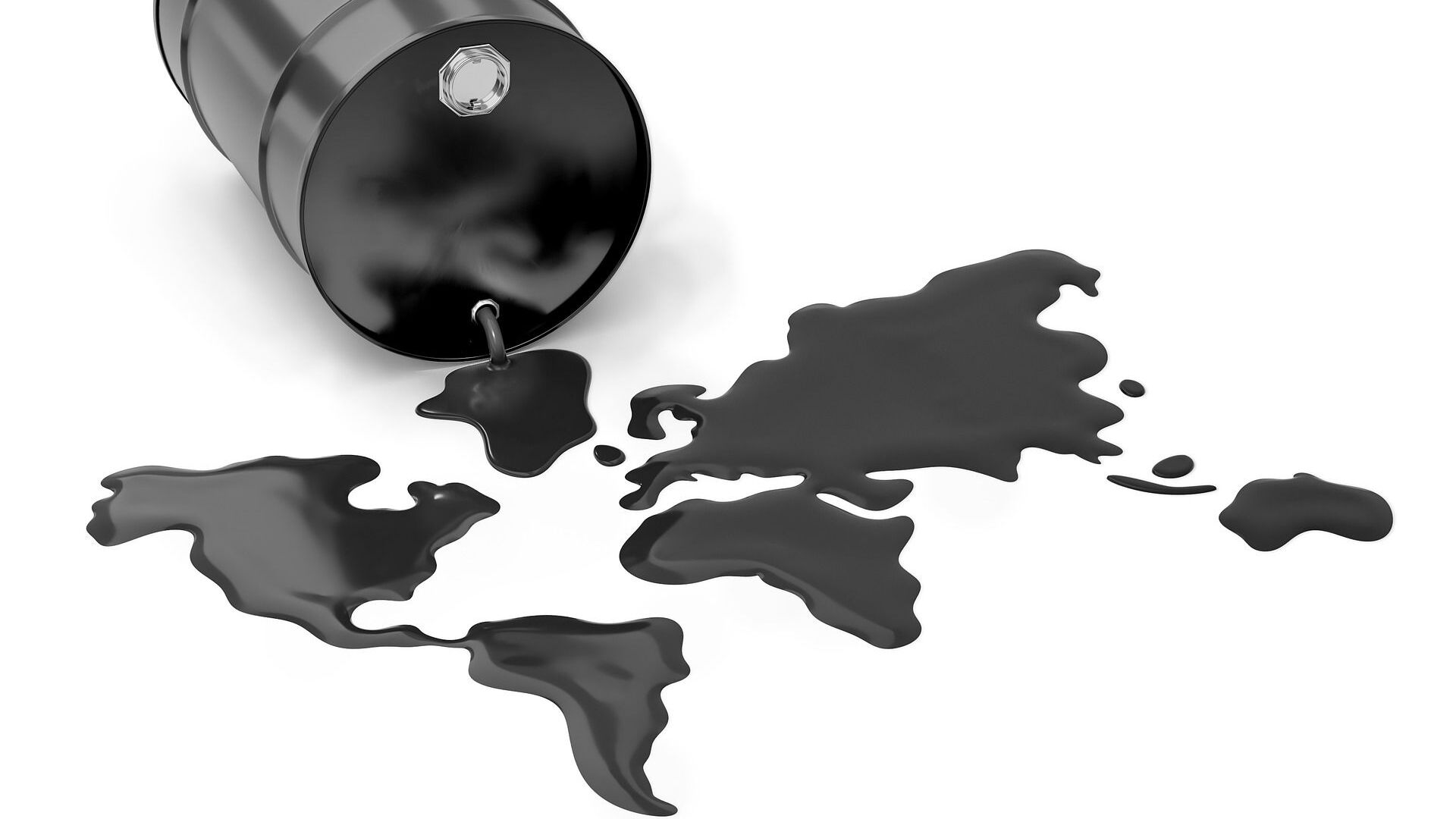https://sputnikglobe.com/20220316/iea-believes-current-energy-crisis-could-accelerate-global-transition-away-from-oil-1093923217.html
IEA Believes Current Energy Crisis Could Accelerate Global Transition Away From Oil
IEA Believes Current Energy Crisis Could Accelerate Global Transition Away From Oil
Sputnik International
MOSCOW (Sputnik) - The International Energy Agency (IEA) believes that the current energy crisis could accelerate the world's transition away from oil, and... 16.03.2022, Sputnik International
2022-03-16T10:22+0000
2022-03-16T10:22+0000
2022-03-16T10:22+0000
world
oil
opec
https://cdn1.img.sputnikglobe.com/img/107930/36/1079303632_0:274:1920:1354_1920x0_80_0_0_f420334858afa959e09356b7465bad63.jpg
"The current crisis comes with major challenges for energy markets, but it also offers opportunities. Indeed, today’s alignment of energy security and economic factors could well accelerate the transition away from oil," the IEA said in a monthly report.There are specific actions that governments and consumers can take to reduce oil demand in the short term and thus ease tensions, the agency said.The OPEC+ alliance's compliance with the oil output cut deal reached 137% in February, the production was 1.1 million barrels per day below the level allowed by the oil agreement, the International Energy Agency said in its report.As a result, the overall percentage of completion of the OPEC+ deal in February amounted to 137%: OPEC members were 139%-compliant, and non-OPEC compliance was 132%.The IEA reported that in general, oil production of the 23 countries participating in the OPEC+ alliance increased by 350,000 barrels per day in February compared to January, to 44.14 million. However, about two-thirds of this amount came from Iran, Venezuela and Libya, which have no obligation to limit production under the oil deal.The alliance's inability to produce at its quotas for a long time, mainly due to technical problems and other difficulties with production capacity, has already led to a sharp reduction in world reserves, the agency emphasized.The IEA also notes that Russia produced less oil than allowed by the OPEC+ deal for the third consecutive month in February. Production in the country decreased by 20,000 barrels per day, to 10.05 million barrels per day, which represents 123% compliance.Russia's production is expected to decline further in the coming months as buyers move away from its oil, the report said.The International Energy Agency said it had lowered its forecast for global oil demand in 2022 by almost 1 million barrels per day due to high commodity prices and sanctions against Russia.The agency explains that the increase in commodity prices and sanctions imposed against Russia are expected to significantly decelerate the growth of the global economy."As a result, we have revised down our forecast for world oil demand by 1.3 mb/d for 2Q22-4Q22, resulting in 950 kb/d slower growth for 2022 on average. Total demand is now projected at 99.7 mb/d in 2022, an increase of 2.1 mb/d from 2021," the report says.
Sputnik International
feedback@sputniknews.com
+74956456601
MIA „Rossiya Segodnya“
2022
Sputnik International
feedback@sputniknews.com
+74956456601
MIA „Rossiya Segodnya“
News
en_EN
Sputnik International
feedback@sputniknews.com
+74956456601
MIA „Rossiya Segodnya“
Sputnik International
feedback@sputniknews.com
+74956456601
MIA „Rossiya Segodnya“
oil, opec
IEA Believes Current Energy Crisis Could Accelerate Global Transition Away From Oil
MOSCOW (Sputnik) - The International Energy Agency (IEA) believes that the current energy crisis could accelerate the world's transition away from oil, and plans to present its recommendations this week to reduce demand in the near term.
"The current crisis comes with major challenges for energy markets, but it also offers opportunities. Indeed, today’s alignment of energy security and economic factors could well accelerate the transition away from oil," the IEA said in a monthly report.
There are specific actions that governments and consumers can take to reduce oil demand in the short term and thus ease tensions, the agency said.
"The IEA will publish recommendations for how to do so later this week," the agency said.
The OPEC+ alliance's compliance with the oil output cut deal reached 137% in February, the production was 1.1 million barrels per day below the level allowed by the oil agreement, the International Energy Agency said in its report.
"Altogether, 11 countries produced below their quotas, underscoring the bloc's shrinking spare capacity and reduced operational efficiency. As a result, their combined production trailed 1.1 mb/d below target in February compared to a gap of 810 kb/d the previous month," the report said.
As a result, the overall percentage of completion of the
OPEC+ deal in February amounted to 137%: OPEC members were 139%-compliant, and non-OPEC compliance was 132%.
The IEA reported that in general, oil production of the 23 countries participating in the OPEC+ alliance increased by 350,000 barrels per day in February compared to January, to 44.14 million. However, about two-thirds of this amount came from Iran, Venezuela and Libya, which have no obligation to limit production under the oil deal.
The alliance's inability to produce at its quotas for a long time, mainly due to technical problems and other difficulties with production capacity, has already led to a sharp reduction in world reserves, the agency emphasized.
The IEA also notes that
Russia produced less oil than allowed by the OPEC+ deal for the third consecutive month in February. Production in the country decreased by 20,000 barrels per day, to 10.05 million barrels per day, which represents 123% compliance.
Russia's production is expected to decline further in the coming months as buyers move away from its oil, the report said.
The International Energy Agency said it had lowered its forecast for global oil demand in 2022 by almost 1 million barrels per day due to high commodity prices and sanctions against Russia.
The agency explains that the increase in commodity prices and sanctions imposed against Russia are expected to significantly decelerate the growth of the global economy.
"As a result, we have revised down our forecast for world oil demand by 1.3 mb/d for 2Q22-4Q22, resulting in 950 kb/d slower growth for 2022 on average. Total demand is now projected at 99.7 mb/d in 2022, an increase of 2.1 mb/d from 2021," the report says.




